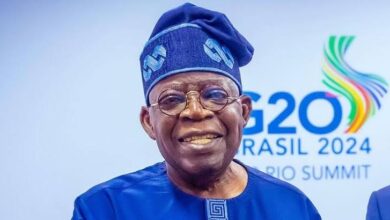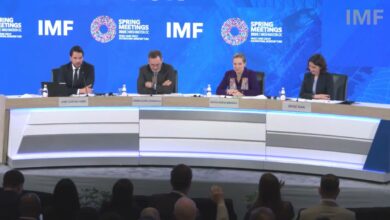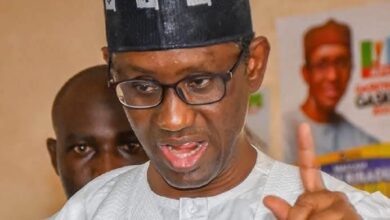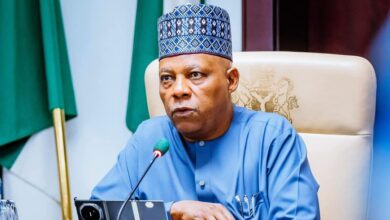Nigeria’s GDP Drops by 41.78% Under Tinubu
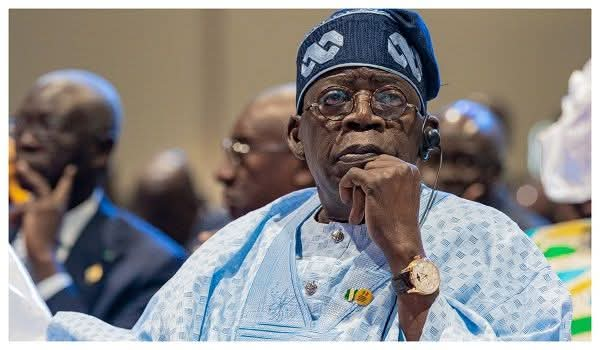
Nigeria’s economy has experienced significant fluctuations over the past 18 years, and fresh data from the International Monetary Fund (IMF) paints a bleak outlook for the immediate future.
After a period of robust growth under former President Goodluck Jonathan, the economy has suffered under the administration of President Bola Tinubu, raising concerns about the country’s economic management.
During Jonathan’s tenure, Nigeria’s Gross Domestic Product (GDP) grew by more than 53 percent, rising from $374.10 billion in 2010 to $576 billion in 2014. This period of growth coincided with high oil prices and relative economic stability.
However, under President Muhammadu Buhari, the economy began to falter. Between 2015 and 2022, GDP contracted by 3.61 percent, falling from $494.31 billion in 2015 to $405.02 billion in 2016, largely due to declining oil prices and policy uncertainty. Although a modest recovery followed — with GDP reaching $476.47 billion by 2022 — the economy remained fragile.
Under President Tinubu, the situation has worsened significantly. The IMF reports that GDP dropped from $363.82 billion in 2023 to a projected $187.64 billion in 2024 — a staggering 41.78 percent decline. The Fund forecasts only a slow recovery, with GDP potentially climbing to $211.80 billion by 2027 — still below pre-pandemic levels.
Bature Umar Ibrahmi, a financial expert and managing partner at Green House Insurance and Brokers in Kaduna, described the current economic state as “a disturbing reflection of deeper structural inefficiencies.”
“The Tinubu administration inherited a fragile economy,” Ibrahmi said, “but the decline in GDP — especially by over 40 percent within two years — is alarming. It reflects a combination of high inflation, poor fiscal discipline, a volatile naira, and a lack of investor confidence. The IMF projections are not just numbers — they are warnings.”
The reported GDP figures are not adjusted for inflation, meaning they fail to capture the full impact of the naira’s devaluation and rising prices.
“When GDP is not adjusted for inflation or exchange rate volatility, it gives a false sense of performance,” Ibrahmi added. “People see nominal growth, but in real terms, purchasing power and living standards are falling. Policymakers and analysts must be transparent in reporting real GDP to ensure citizens and investors are accurately informed.”
With inflation on the rise, the naira weakening, and public debt mounting, the figures underscore the urgent need for structural reforms. Ibrahmi urged a strategic shift.
“We must move beyond oil dependence by investing in agriculture, manufacturing, and technology,” he said. “Monetary policy should focus on price stability, while fiscal reforms must curb waste and enhance revenue generation. Above all, governance must be transparent and accountable — that’s the only path to sustainable growth.”
The post Nigeria’s GDP Drops by 41.78% Under Tinubu appeared first on Kano Times.
